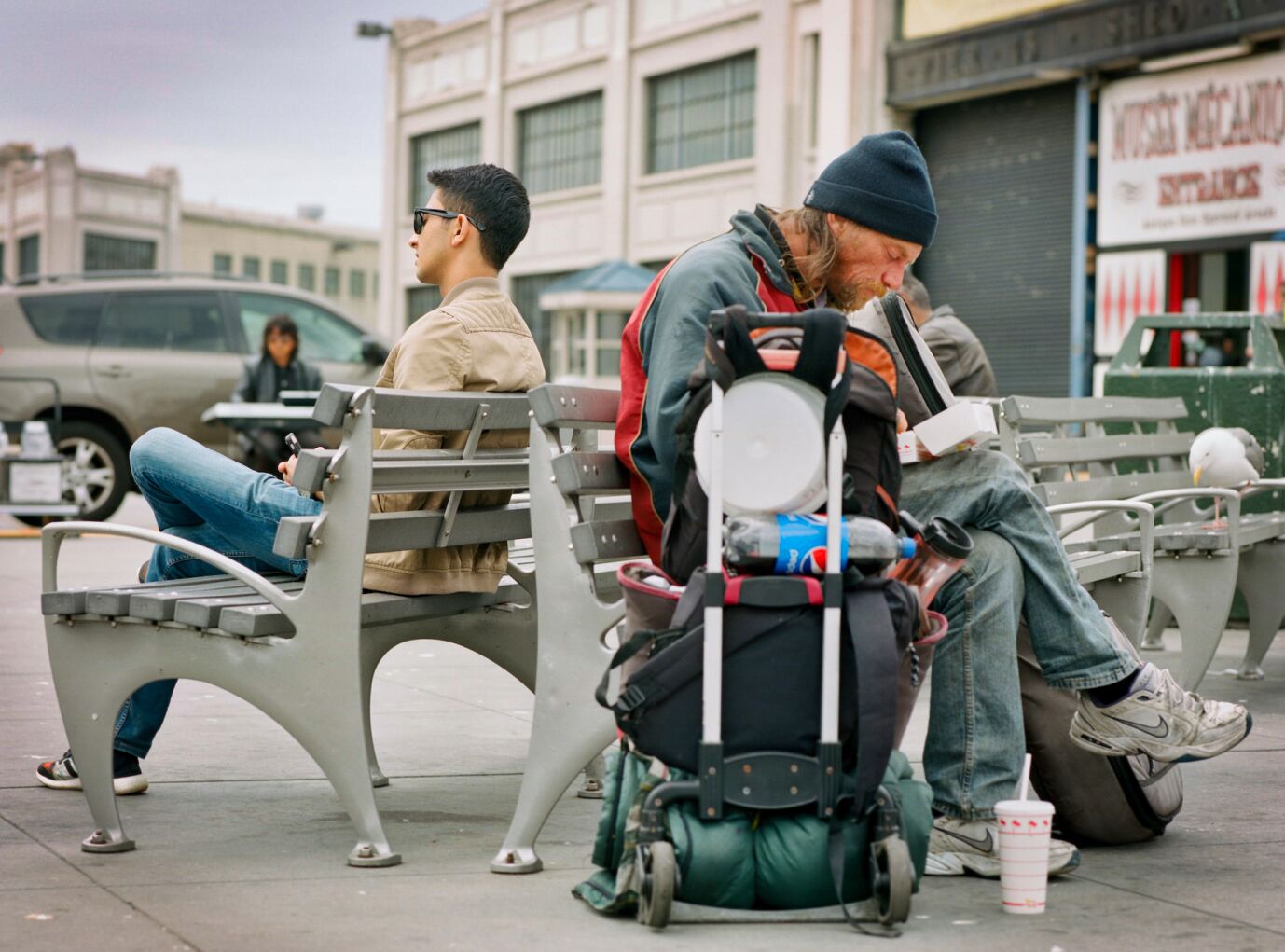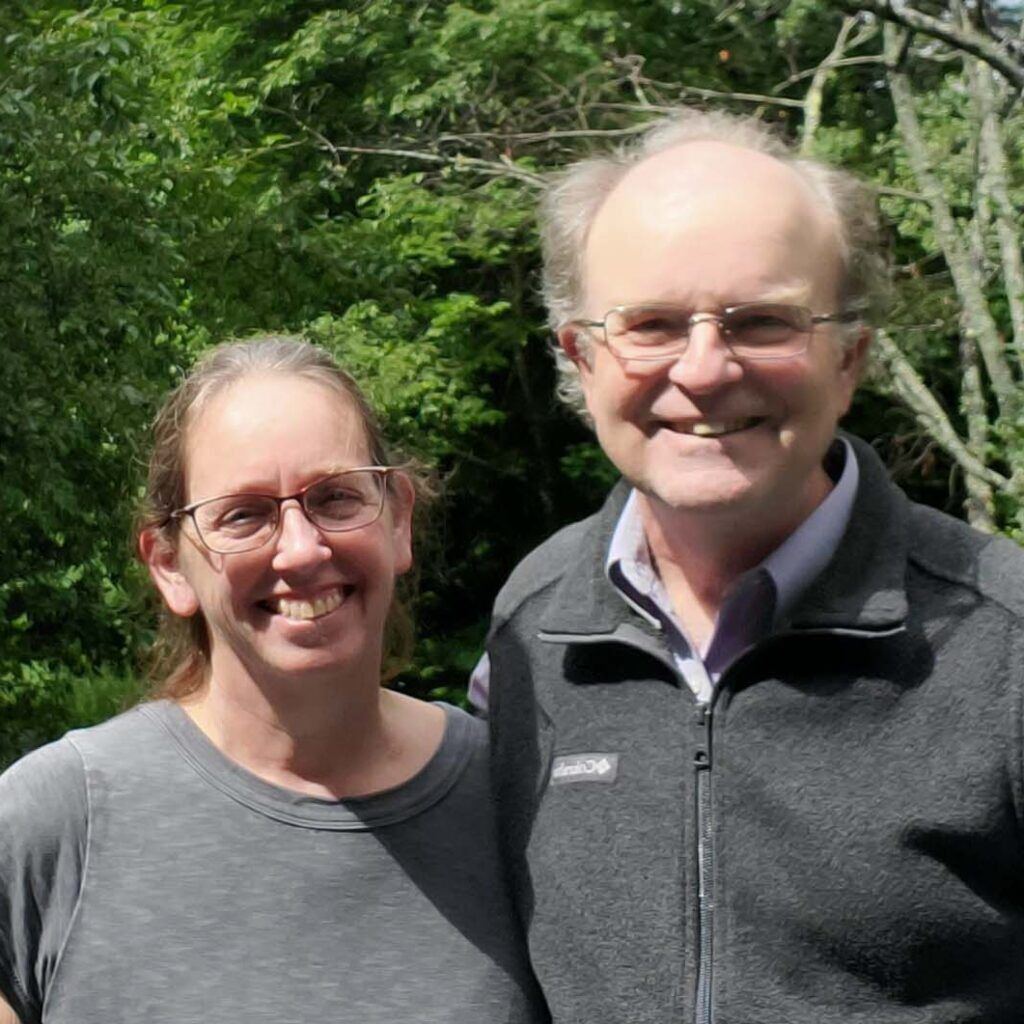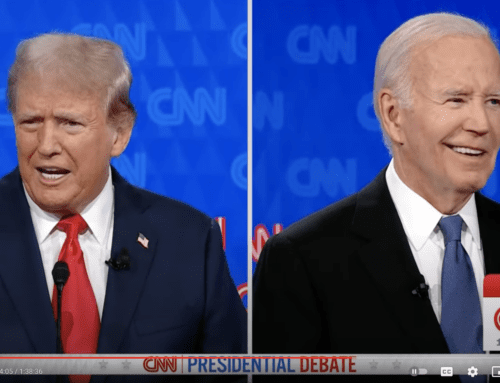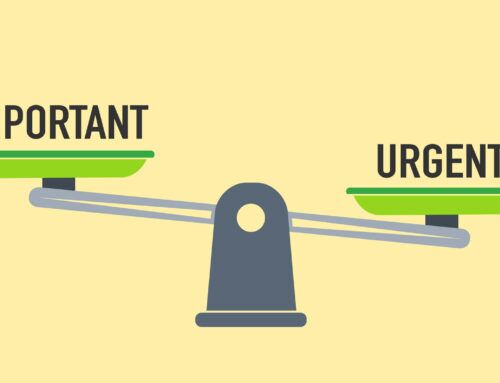
Intern Rachel Roncka discusses the co-existence of extreme wealth and poverty and the lack of political will to change the status quo.
As a summer intern with The American Leader, I set out to conduct research on the state of economic inequality in America, its origins, and the consequences of allowing it to persist. My research led me to many sources investigating our country’s battle against poverty. I also found myself noticing connections outside of my internship work. This summer I had the chance to visit several new cities. From Washington D.C. to New York City, I witnessed a familiar pattern — immense wealth and abject poverty coexisting right alongside each other. None of this was surprising — it’s the same in the city I grew up in, Boston.
This dichotomy seems a part of the normal fabric of American life. We assume that this is simply what our cities are supposed to look like, rather than an unacceptable failure of our society to deliver on the promises it makes to its people. The more that I learned in my research, the more it became clear that the problems of poverty and other offshoots of extreme economic inequality are not insurmountable. Thanks to the work of civic minded economists, scholars, and community organizers, we have countless solutions right at our fingertips — all that’s lacking is the political will to enact them.
Imagine what could result if sweeping, and occasionally risky, policy change became the norm. While we are nowhere close now, the crisis of the pandemic urged lawmakers in the right direction. For example, the temporary expansion of the Child Tax Credit, part of the government’s pandemic response, lowered child poverty by 40% between 2020-2021. When evictions surged during the pandemic, Vermont subsidized empty hotel rooms for the homeless, allowing struggling families to stay together and avoid entanglements with Child Protective Services.
Eliminating poverty and homelessness once and for all certainly won’t be as simple as writing a check for every low income family in America, but the success of these programs indicates that we do have the resources to experiment with bold solutions. But implementing large-scale, effective programs permanently just doesn’t seem feasible in our current political landscape. To muster the necessary level of political will, the kind of empathy and generosity that flourishes during a global health crisis needs to be practiced in normal times as well.
As I researched America’s history of economic policy, it quickly became clear that our culture of greed is one of the main accelerants of inequality. I looked at how massive tax cuts in the 1980s rewarded corporations and the wealthy, and how loose regulations allowed the wage gap between workers and CEOs to grow exponentially. But the average middle class American is not gaining any direct benefit from policies produced by such rampant greed, so why do they tolerate them? Why do they vote for candidates whose platforms are grounded in corporate tax cuts and reducing the welfare programs that underemployed and unemployed Americans rely on?
Alongside that culture of greed exists one of complacency — the acceptance of poverty and unlimited wealth as necessary components of a free market society. Together, these values flourish and stifle progressive attempts to remedy the numerous symptoms of extreme economic inequality. This culture is what allows politicians to praise our “strong economy” on the debate stage while millions of Americans struggle to afford food and rent. When we live in relative comfort and are not confronted with the daily realities of extreme inequality — and we don’t hear the voices of those who endure the worst of it (low income is correlated with low political participation) — it’s easy to overlook the problem.
The shift in mindset required for us to finally address this daunting systemic issue is best captured by “Poverty, by America” author Matthew Desmond: we need to become “poverty abolitionists”. Desmond calls on Americans to envision a future where poverty and other symptoms of extreme inequality are not essential elements of a free society. In order to build a better future, we must be brave enough to challenge the status quo.
These ideas are not novel. Americans have been demanding greater compassion from their leaders and fellow citizens for generations — and for a brief period in the 1960s and ‘70s, they responded. But now it feels like we have turned away from that goal. With our neighborhoods still so segregated along race and class lines, education on and exposure to different perspectives are essential tools to foster empathy — but bans on books and prohibitions on teaching the histories of all Americans are pushing us in the wrong direction. Tax cuts and downsizing government agencies are not going to benefit anybody but the affluent, deepening the class divide.
It’s natural to fear the unfamiliar and the uncomfortable, but when our current approaches are so glaringly ineffective, we have to risk getting a little uncomfortable in order to seek real solutions. Now it would be naive to think that a simple mindset shift can completely solve our problems. Some of the driving factors behind inequality, like addiction and mental illness, are far too complicated and individualized. But the Covid response reminded us that drastic change can result from increased commitment and investment; progress, no matter how incremental, is still progress. And we know that the funds and resources exist within the borders of our rich country — they are just concentrated in the hands and bank accounts of the wealthy. What we are lacking is the civic courage to divert those resources in large amounts to the areas in which they will have the greatest impact.
Nate Hine and Nellie Pennington: Advocates for Children
In this profile co-authored by intern Rachel Roncka, a Vermont couple discusses their experience fostering more than 20 children since 2020 and their view that foster care is really just a bandaid for the wounds created by poverty and systemic inequality.
Author: Rachel Roncka
Published: October 16, 2023
Feature image: Benjamin Disinger on Unsplash
More Viewpoints
Have a Suggestion?
Know a leader? Progress story? Cool tool? Want us to cover a new problem?





